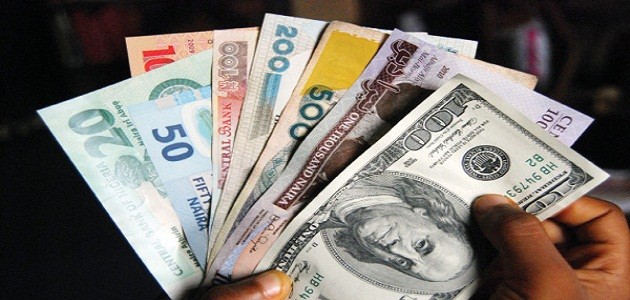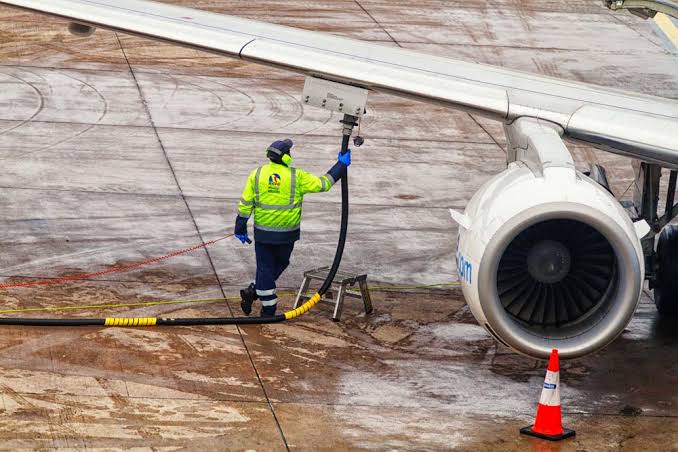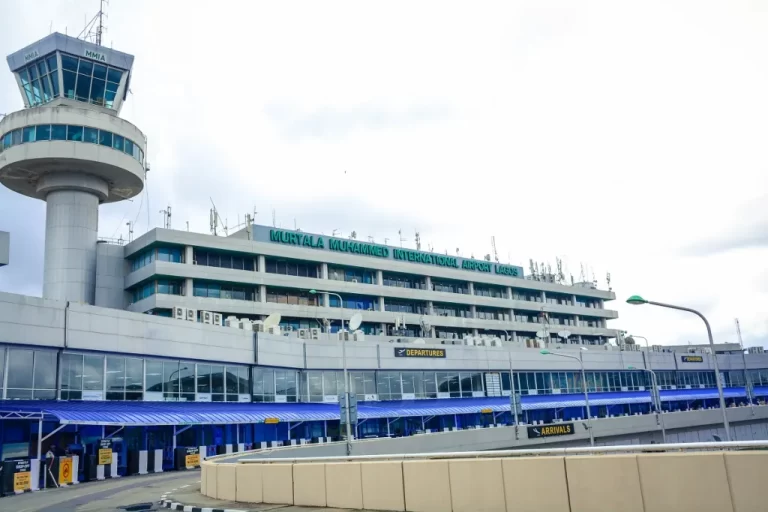December 11, 2024: Dollar to Naira black market rate as Xmas approaching
As of today, December 11, 2024, the dollar-to-naira exchange rate (black market) is NGN1630.15. The Nigeria economy has continued to play a vital role in the rapid increase of the exchange rate.
AbokiFX exchange rate today
| $1 | NGN 1,630.15 |
| $10 | NGN 16,301.5 |
| $20 | NGN 32,603 |
| $50 | NGN 81,507.5 |
| $100 | NGN 163,015 |
| $200 | NGN 325,030 |
The price range between Naira-to-dollar official rate (bank rate) and black market (AbokiFX) dollar rates continues to rise. The rapid increase in the AbokiFX is influenced by some factors.
The black market exchange rate is almost always higher than the bank rate. As of today, December 11, 2024, the Naira-to-dollar black market rate is NGN1630.15. However, the official exchange rate, which is also known as the bank rate of dollar to naira is NGN1532.11; this is according to the data provided on the Central Bank of Nigeria website. As you can see, there’s a difference of NGN98.04 between the AbokiFX rate and the bank rate.
Some factors that influence the dollar-to-naira rate in the black market are:
Supply and Demand: The black market rate increases when the demand for dollars often exceeds the supply available through official channels like banks. This inaccessible of dollars through the banks prompts Nigerians to patronise AbokiFX.
Government Policies: The CBN often enforces policies to stabilise the Nigerian naira, like limiting access to forex for certain imports or restricting dollar transactions. However, these policies often push more people into the black market.
Economic instability: rising inflation, dwindling foreign reserves, and slow economic growth create uncertainty, leading to the depreciation of the Nigerian naira.
Why should we care about the black market dollar-to-naira exchange rate?
For Individuals
- Increased costs for imported goods and services.
- Higher expenses for international education and healthcare.
- Expensive travel due to rising ticket prices and forex needs.
For Businesses
- Importers face rising costs as they often source dollars at higher black market rates.
- Exporters struggle with inconsistent exchange rates, affecting profitability.
- SMEs experience difficulty planning budgets due to fluctuating rates.
For the Economy
- Persistent inflation as businesses pass on higher costs to consumers.
- Erosion of foreign reserves as the CBN fights to stabilise the naira.
- Reduced foreign investment due to concerns about currency volatility.
Here are some risks you need to be aware of when dealing with black markets.
The black market is very accessible compared to commercial banks, but it comes with its own risks:
- Legal Issues: Government crackdowns on black market operators pose risks for buyers and sellers.
- Scams: counterfeit notes (fake money) and fraudulent dealers are common.
- Lack of Protection: Unlike commercial banks, transactions in the black market lack regulation and transparency.





